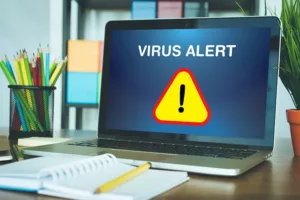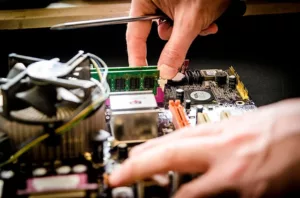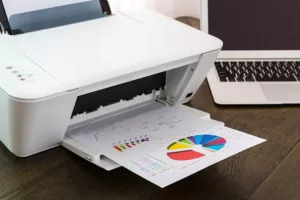Anyone who has owned a computer at one point in their life has experienced data loss. When it happens it leaves you wondering if there was anything you could do to prevent this. There are many different ways to back up your information. All have pros and cons have done it’s up to you to make an informed decision about what works best for you. Here is just a few ways to back up your data.
Keep It in the Cloud
What We Like
• Free space and affordable upgrades.
• Data secured in a remote location.
• You can access it anywhere you can reach the internet.
• Secure transmission of data.
What We Don’t Like
• Capacity limitations for free storage.
• The risk of a site closing.
• Must reach the internet to access your backup files.
The best Cloud storage services keep your data safe with end-to-end encryption. They also offer free storage space and reasonable fees for additional space. Since your data is in a remote location, you can access it from anywhere by both computer and mobile device as long as you have internet access. Big players in the cloud storage field include:
- iCloud: Apple’s cloud solution offers users 5GB of free storage. Windows users can also sync their files with iCloud Drive.
- Google Drive: Google’s service is integrated with Android devices. Windows and Mac users can download a desktop application for drag-and-drop capability. The service includes 15GB of free storage.
- OneDrive: It’s accessible through Windows 10’s file explorer. Android and iOS devices access the site through an app. Mac users can also download an app from the Mac App Store. OneDrive includes 5GB of free storage space.
- Dropbox: It’s been around for a while and offers personal and business subscriptions. The personal account includes 2GB of free data.
Save It to an External Hard Drive
What We Like
• Easy to use.
• With software, you can schedule backups and never worry about them again.
What We Don’t Like
• Hard disk drives run the risk of failure.
• Solid-state drives have less risk but can be expensive for large-capacity drives.
• Should be stored off-site in case of fire or another catastrophe.
External and portable hard drives connect to one computer at a time. They’re usually wired devices, although some have wireless capabilities. Many now come with USB 3.0 capabilities, but your computer must also have USB 3.0 to take advantage of this feature.
Put It on a USB Flash Drive
What We Like
• Affordable.
• Portable.
• Available in USB 3.0.
What We Don’t Like
• Easy to misplace (not recommended for long-term storage of crucial information because of this risk).
• Not always durable.
• Capacity limitations.
USB flash drives are like tiny solid-state drives that you can carry in your pocket. While they were once expensive and available only in small capacities, their prices have dropped and size increased.
If you’ve lost important files, call Stacy (941) 246-1048; she can help






